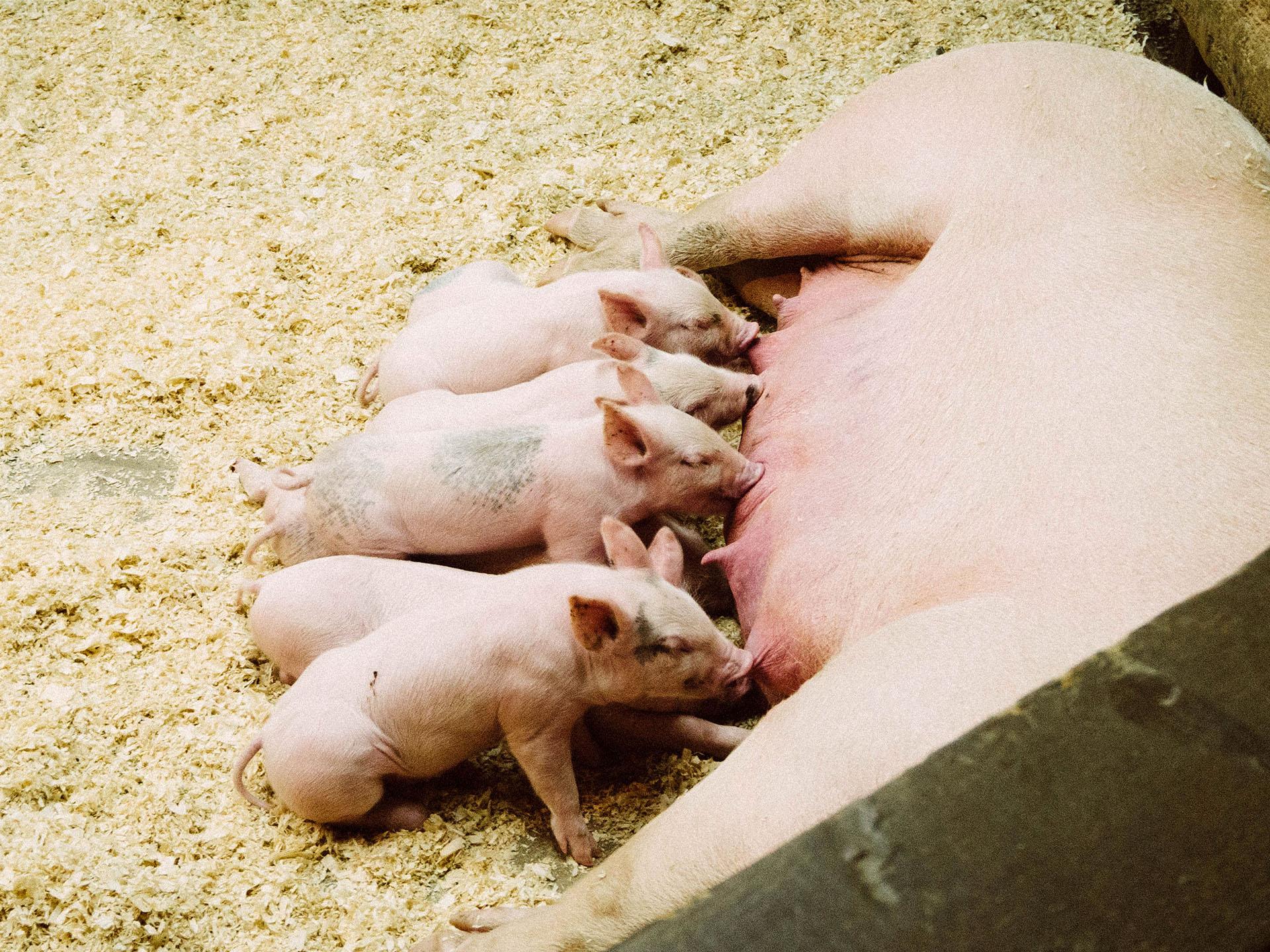Impact of birth trauma on piglet mortality
We aim to determine if lesions indicative of birth trauma are present on still-born piglets, and if these lesions are also present on piglets dying from other causes such as starvation or overlay.

We also aim to gain a better understanding of whether these lesions impact on piglet physiology after birth.
In sheep, birth trauma results in central nervous system (CNS) damage which can be identified by lesions on the brain and spinal cord during post mortem autopsy. There is strong evidence that the presence of these lesions also increases the risk of other causes or mortality like starvation and hypothermia.
In pigs, we do not know whether similar CNS lesions are observed. While there is indirect evidence that a difficult birth may decrease piglet vitality, the link between CNS damage and other causes of death remain to be established.
Key methodology:
This project will involve two phases:
- Piglet autopsy - dead piglets will be collected and autopsied for cause of death with a special focus on the dissection of the CNS to search for lesions.
- Piglet physiology - piglets thought to have experienced birth trauma (long birth, meconium staining) will be recorded for traits important for survival (vitality score and feeding behaviour, rectal temperature, colostrum ingestion), and then sacrificed at day 2 to quantify CNS damage.
Supervisors
- Dr Kate Plush - SARDI
- Co-supervisors: Dr Will Van Wettere
- Research area: Production animal health
- Recommended honours enrolment: Honours in Animal Science
